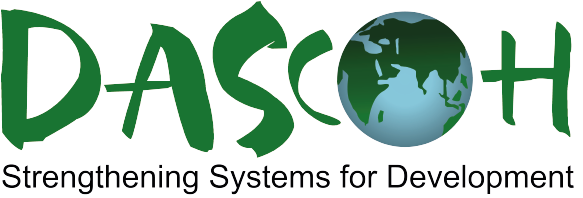
Tale of an Indigenous Labour to be a Local Policy Maker
In the developing countries like Bangladesh, Adibashi (Indigenous) Santal women carry a disproportionately high burden of poverty. This poverty is experienced not just as material deprivation, but also as social and religious marginalization. Hence those living in poverty often have no, or little opportunity to influence the political, economic, and social processes and institutions. For poor and marginalized Adibashi women like Puspo Rani, this experience become a double burden. They are denied voice within the region, communities, and households in which they live. They are dominated by mainstreamed men and male interests and socio cultural and religious flows. This type of suppression is very critical decelerate factor in prevention of gender inequality, reducing poverty and women’s access to decision-making.
The above mention factors are performing equally in the developing countries and Bangladesh is not beyond of that. Puspo Rani is a woman of Adibashi community from Akkelpur village under Radhanagor Up of Gomostapur Upazila, Chapainawabgonj district. She was a simple agriculture labour and used to working with her husband in the rice field. Majority Adibashi santal people is moving with the same business in the north western zone of the country. Governance focused IWRM project initiated Water Resource Management Committee (WRMC), a community institution to emphasize women’s presence in significant number of raising voices to the policy level. She started working with the project as a Community Volunteer, the spoke personnel of a community. Project provided different human development and capacity building training to them to negotiate with the local government institutions (Union Parishad) for their own development in the community. As a community leader, she was engaged with participatory planning of water resources and assigned to place to the LGI to incorporate the plan with the national annual development plan. Her role as community leader motivated policy makers to give more attention to issues affecting women, such as providing adequate drinking and irrigation water supply, equal pay to both men and women, improved conditions of employment, creating working scope for the women, stopping violence against women and schemes were getting priority that contributes to women interest.
Capacity building and training support to Puspo Rani by the IWRM project made her a community leader and she took the challenge of facing the last Union Parishad elction as a Member. She has been elected competing with the mainstreamed candidate. Lot of women centric schemes placed by her to the project that describes her efficiency of addressing women’s need. Now she dreams of electing in a bigger portfolio of Radhanagor Union Parishad in the upcoming days to be able to contribute and serve more to the community and work for the betterment of women.




